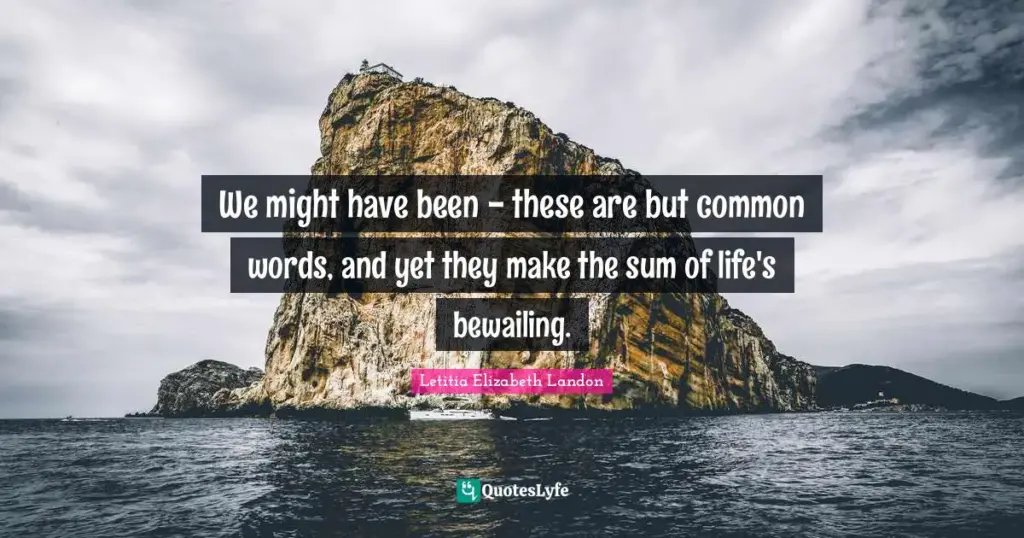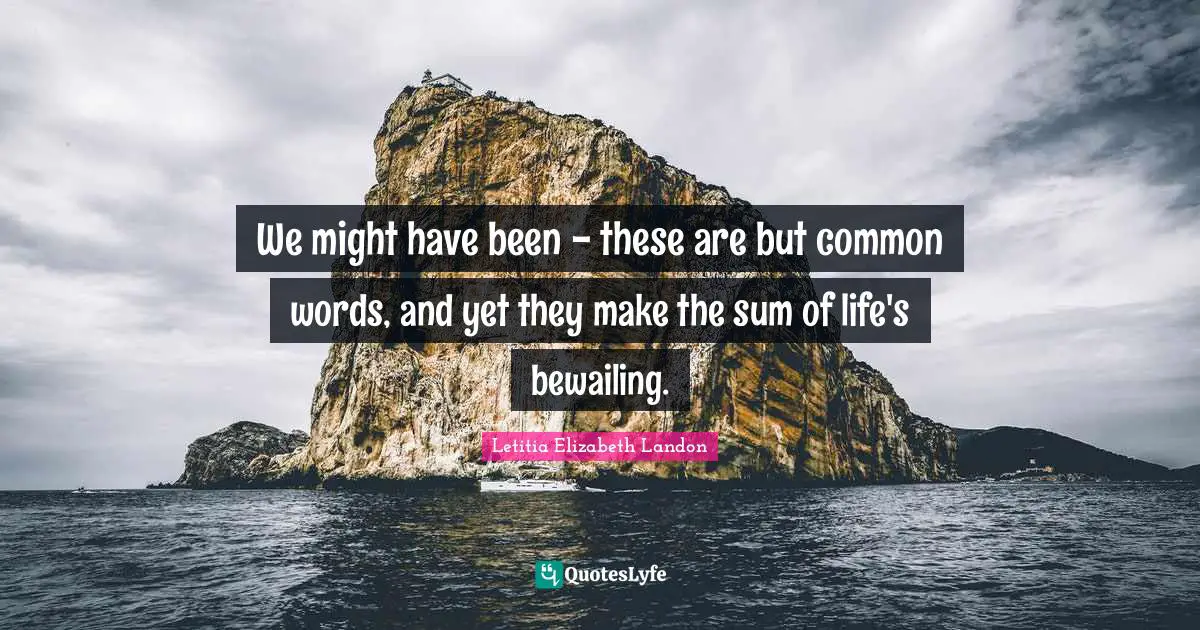
We Have Common Ground: Finding Unity in a Divided World
In an increasingly polarized world, the phrase “we have common” feels almost like a radical statement. Political divides, social media echo chambers, and a general sense of otherness often overshadow the fundamental human connections that bind us together. However, beneath the surface of disagreement and discord, there lies a wealth of shared experiences, values, and aspirations. Recognizing and nurturing this common ground is crucial for fostering understanding, building bridges, and creating a more cohesive and harmonious society.
The Illusion of Division
The perception that we are more different than alike is often fueled by selective exposure and amplified by algorithms designed to keep us engaged. Social media, while connecting billions, can also create filter bubbles where we are primarily exposed to opinions and perspectives that reinforce our existing beliefs. This can lead to a distorted view of reality, making it seem as though opposing viewpoints are more prevalent and deeply entrenched than they actually are. Furthermore, political rhetoric often emphasizes differences to mobilize support, further exacerbating the sense of division. It is important to remember that these are often strategic narratives, not necessarily reflections of the true complexity of human opinions and values.
Identifying Common Values
Despite the apparent divisions, a closer examination reveals a surprising degree of commonality. Most people, regardless of their political affiliation or social background, share fundamental values such as:
- The desire for safety and security: Everyone wants to live in a community where they feel safe from harm and have access to basic necessities.
- The importance of family and community: Strong relationships and a sense of belonging are essential for human well-being.
- The pursuit of happiness and fulfillment: People generally strive to live meaningful lives and achieve their personal goals.
- A belief in fairness and justice: Most people believe that everyone should be treated fairly and have equal opportunities.
- The need for connection and understanding: Humans are social creatures who crave connection and understanding from others.
These shared values provide a solid foundation for building bridges and fostering dialogue. By focusing on these commonalities, we can begin to see beyond the superficial differences that often divide us.
Finding Common Ground in Everyday Life
Identifying common ground doesn’t require grand gestures or sweeping political reforms. It can start with simple, everyday interactions. Here are a few practical ways to find common ground with others:
Active Listening
Truly listening to what others have to say, without interrupting or judging, is the first step towards understanding their perspective. Ask clarifying questions and try to see the issue from their point of view. Even if you don’t agree with their conclusion, you can still acknowledge their feelings and experiences. [See also: The Art of Empathetic Communication]
Shared Experiences
Engaging in activities that bring people together, such as volunteering, participating in community events, or joining a sports team, can create shared experiences that foster connection and understanding. These activities provide opportunities to interact with people from diverse backgrounds in a neutral setting, allowing you to see them as individuals rather than as representatives of a particular group.
Focusing on Shared Goals
When working on a project or addressing a problem, focus on the shared goals and objectives. By emphasizing what you have in common, you can build consensus and overcome disagreements. This approach is particularly effective in professional settings, where people are often motivated by the same desire to achieve success.
Finding Common Interests
Discovering shared interests, such as hobbies, movies, or books, can be a great way to connect with others and build rapport. Talking about these shared interests can create a sense of camaraderie and help you see each other as individuals with multifaceted personalities. “We have common” interests, let’s explore them.
Empathy and Compassion
Cultivating empathy and compassion for others is essential for building bridges and fostering understanding. Try to imagine yourself in their shoes and understand their motivations and perspectives. Even if you don’t agree with their actions, you can still acknowledge their humanity and treat them with respect.
The Importance of Dialogue
Open and honest dialogue is crucial for addressing difficult issues and finding common ground. This requires a willingness to listen to opposing viewpoints, engage in respectful debate, and be open to changing your own perspective. Dialogue should be focused on understanding, not on winning an argument. It is about finding areas where “we have common” understanding and can build from there.
Creating Safe Spaces for Dialogue
Creating safe spaces where people feel comfortable expressing their opinions without fear of judgment or reprisal is essential for fostering productive dialogue. These spaces should be characterized by respect, empathy, and a commitment to listening to all voices. [See also: Building Inclusive Communities]
Active Listening and Respectful Communication
Active listening and respectful communication are key components of effective dialogue. This means paying attention to what others are saying, asking clarifying questions, and avoiding personal attacks or inflammatory language. It also means being willing to acknowledge your own biases and limitations.
Finding Common Ground Through Compromise
Compromise is often necessary to reach agreement and find common ground. This means being willing to give up some of your own demands in order to reach a solution that is acceptable to everyone involved. Compromise requires flexibility, creativity, and a willingness to see the issue from multiple perspectives. When “we have common” goals, compromise becomes easier.
The Role of Leadership
Leaders have a crucial role to play in fostering unity and finding common ground. They can set the tone for dialogue, promote empathy and understanding, and create opportunities for people to connect with one another. Leaders should also be willing to challenge divisive rhetoric and promote policies that benefit all members of society.
Promoting Inclusivity and Diversity
Leaders should actively promote inclusivity and diversity in all aspects of society. This means ensuring that everyone has equal opportunities to participate and that all voices are heard. It also means celebrating the richness and complexity of human experience.
Encouraging Dialogue and Collaboration
Leaders should encourage dialogue and collaboration across different groups and communities. This can be achieved through town hall meetings, community forums, and other initiatives that bring people together to discuss important issues. When “we have common” problems, collaboration becomes essential.
Modeling Respectful Behavior
Leaders should model respectful behavior in their own interactions with others. This means treating everyone with dignity and respect, regardless of their background or beliefs. It also means being willing to listen to opposing viewpoints and engage in respectful debate.
The Long-Term Benefits of Finding Common Ground
Finding common ground is not always easy, but the long-term benefits are significant. A society that is characterized by unity, understanding, and cooperation is more likely to be prosperous, resilient, and just. By focusing on what “we have common,” we can create a better future for ourselves and for generations to come.
When we actively seek common ground, we foster stronger communities, more effective governance, and a greater sense of shared purpose. This leads to increased social cohesion, reduced conflict, and a more equitable distribution of resources. Ultimately, recognizing and embracing our shared humanity is essential for building a world where everyone can thrive.
The journey to finding common ground is ongoing and requires sustained effort. However, by embracing empathy, promoting dialogue, and celebrating our shared humanity, we can create a more united and harmonious world. The phrase “we have common” should serve as a constant reminder of the potential for connection and understanding that exists within us all.

